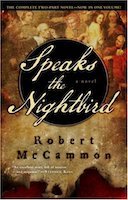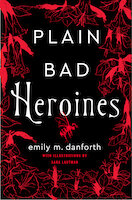Review: The Hacienda
/3 stars. There is some really great stuff here, especially for a debut. I believe it achieves what it sets out to do. I read it in two days, which says a lot about how compelling and concise it is. And, as so many others have mentioned, I would highly recommend it for fans of Rebecca and other gothic horrors of the like. Ultimately I think it lacks sharp edges, for me - or rather, its edges are too dull - but still. I liked it.
Young Beatriz, following the tragic destruction of her family amidst political unrest - finds a way out: marriage. She and her new husband travel to his home, Hacienda San Isidro, and she is determined to claim ownership of her new household and carve out a new life. Unfortunately, the Hacienda resists. Instead, Beatriz spends the nights terrified as the house threatens her with its destructive and horrifying secrets.
My clumsy summary leaves out that this is really a sort of horror romance, not straight up horror. I loved its historical socio-political themes, and its depiction of Hacienda communities and the generational lore of the land, but there is also so. much. angst, which is not really my favorite (unless I'm reading romance). I also couldn't really distinguish either POV, and the twists were very predictable.
Regardless, there should be more books like this. I really, really enjoyed Beatriz as a character - fierce AF. I enjoyed the spooky moments a LOT. I enjoyed the level of detail and apparent research that went into it. I enjoyed the very clear and obvious homages to various beloved gothic ghost stories. I do recommend it.
The Hacienda on: Amazon | Bookshop.org | Goodreads










